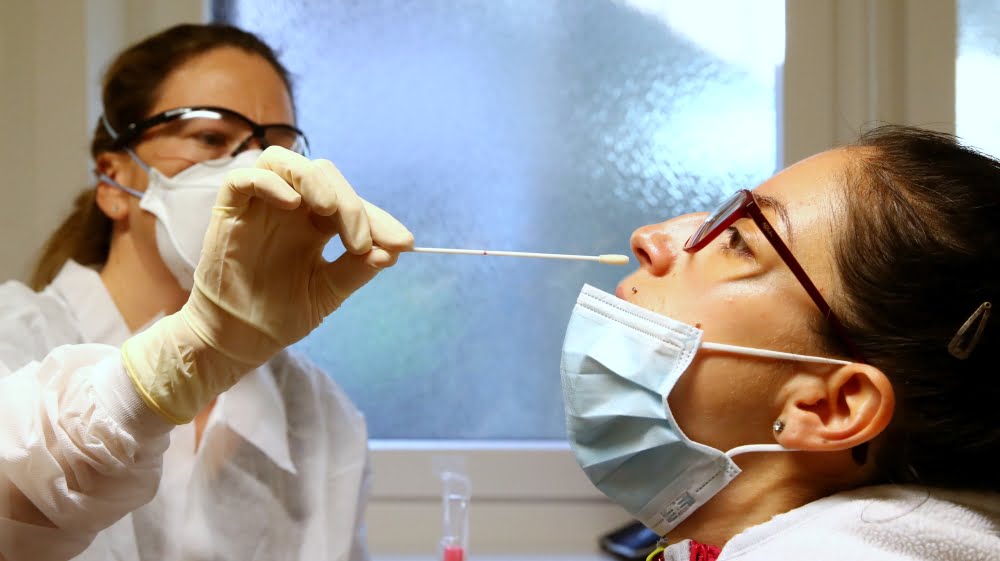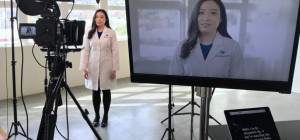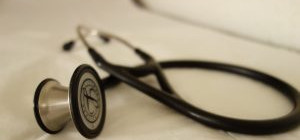 There’s been so much talk about Covid-19 and testing lately, it’s understandable that many of us have been left overwhelmed by the situation. Should you get tested, and where do you go for the test? Which test should you get done? What is the difference between PCR, antigen and antibody? And do they all work in the same way?
There’s been so much talk about Covid-19 and testing lately, it’s understandable that many of us have been left overwhelmed by the situation. Should you get tested, and where do you go for the test? Which test should you get done? What is the difference between PCR, antigen and antibody? And do they all work in the same way?
This guide will lay it all out for you by starting with the basics then breaking it down.
Which test is right for you?
The right test depends on the goal. Are you looking to find out if you have an active Covid infection, or want to determine whether you previously had Covid? Or is the test attempting to identify asymptomatic and pre-symptomatic persons who could potentially spread the virus? A single test is not going to answer all these questions, so it is important to treat each one differently and for each individual’s purpose. Let’s unpack that.
The Polymerase Chain Reaction (PCR) Test
This test (also called a Molecular test or RNA test) detects the genetic material of the virus and is one of the most accurate tests to identify an active Covid-19 infection. This type of test is usually conducted through collecting a swab sample from the mouth, throat or nose. The PCR test is a good indication of who is infected. You can choose to get this test done by a healthcare professional or even do it at home through self-sampling.
Many people today, especially those who need to travel soon, opt to visit private test centres that provide fit-to-fly certificates, and can receive their results within 24 hours. Getting tested in time before you travel and carrying your certificate with you will assure authorities that you are not at risk to spread the virus to those around you, and will leave you in peace of mind before your journey.
It is important to remember that the PCR test is used to directly identify the presence of an antigen, and does not show the presence of antibodies or your body’s immune response. This test does detect the viral RNA, which is present prior to your body forming antibodies, and is useful in uncovering whether the virus is present in someone early on.
Some advantages of the PCR test include:
- Early detection of the virus
- Helps recognise who needs to be self-isolated
- Aids in contact tracing to see if others need to be quarantined or tested
- Essential in identifying and breaking the chain of transmission
- Can be performed swiftly with quick results
- Allows technicians to analyse large numbers of tests simultaneously
The Antibody Test
The antibody test (also known as a serology test or blood test) looks for antibodies to the coronavirus. Antibodies are important in helping our bodies resist infections. They are made by our immune system to fight threats like a virus and can develop several weeks even after the infection, while staying in our blood after recovery too. Therefore, the antibody test should not be used to detect an active Covid-19 infection.
Antibody tests must be conducted only by a qualified healthcare professional or specialist as it requires a venous blood sample and should be done under care. Some antibody test kits are now available for people to use at home, and require only a small amount of blood taken via a finger prick. These home kits are not widely available at the moment, and you will need to check if you are eligible to order one to your home.
Some benefits of the antibody test include:
- Satisfies the curiosity of whether a person has had Covid-19 in the past
- Helps scientists and the medical industry learn how these antibodies work
- Gives researchers estimated data of how many people had contracted the virus and understand the spread
- Depending on when a person is tested after recovery, it provides information on the prevalence of the infection in the population and frequency of asymptomatic individuals
- Could also be used as a potential therapeutic strategy
The Antigen Test
Similar to the PCR test, the antigen test will also require a somewhat uncomfortable swab of the nose, mouth and throat. However, unlike the PCR test which looks for genetic material from the virus, the antigen swab looks for proteins that live on the virus’s surface.
Results of the antigen tests are super speedy but not as accurate, hence it is not as commonly used or promoted by most governments’ health departments across the world. These rapid tests also open the doors to inaccurate results of false negatives and false positives – which means that you can get a negative result even while being infected with the virus, or show a positive outcome when you don’t have the virus.
Because antigen tests are quicker to conduct and are more cost-effective, it is useful for mass testing for crowds like at airports.
Overcoming the false negatives
If you have contracted Covid-19, you’d rather know about it than go about your life thinking you don’t have it. You would be able to do everything you can to avoid spreading it to those around you, and make sure you keep your health and immunity in check to overcome it. False negatives hinder this process greatly.
False negatives can occur when poor sampling techniques are used, samples are degraded or individuals have been sampled at the wrong time (too late or too early). Experts say that the best way to avoid this scenario is to self-isolate as soon as you discover any symptoms and get tested a few days in, rather than immediately. However, research and findings are changing and developing every day and we need to do what we think is best at the time.
Test when you’re ready
Whether you need to get tested before travelling, or because you are suffering from symptoms, do your own research and talk to professionals who will be able to advise you on next steps.
The tests described here are evolving rapidly, and scientists across the world are doing everything they can to provide us with tests, resources and information on how to cope. Before you get tested, figure out what you want to know from the test, what is available in your city and how the results will affect your life and those around you.







